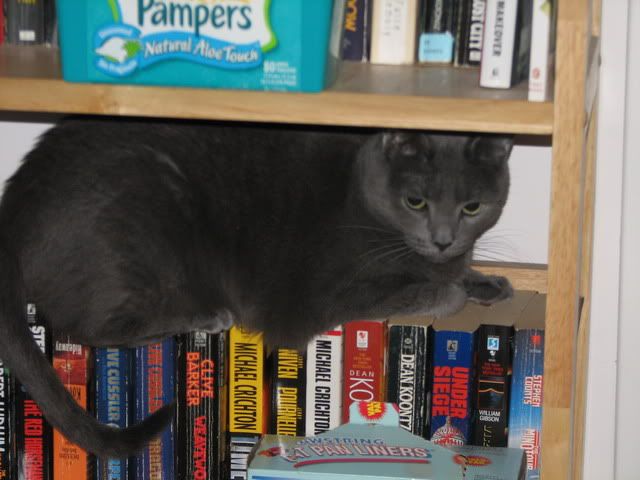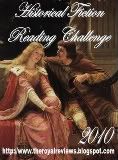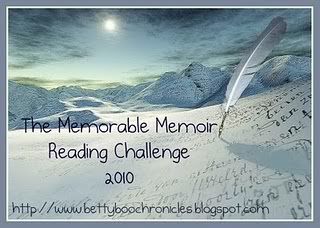No, R&R doesn't stand for rest & relaxation! It stands for Rants & Raves and is on the Obesity Help website. In March, there was a thread about starting a book club. I was interested and I joined. These aren't real reviews, I guess, but they do give the gist of what I thought about some of these books. We started reading the books in March or April and have been going since.
1. The Glass Castle by Jeannette Walls
The Glass Castle by Jeannette Walls--She recounts some hair-raising experiences growing up with her sisters and brother. Her parents were totally dysfunctional even if they did love their kids...and it was hard to tell at times. I was amazed that the three older kids did so well, managing to support themselves and make good lives for themselves. I have a lot of admiration for what Jeannette Walls and her brother and sister were able to accomplish.
Personally, I grew up with a possibly bipolar, probably alcoholic and definitely raging mother and an indifferent hard drinking father. This book was good but hit a little close to home for me too!
2. Prayers for Bobby by Mary Griffith
I felt sad reading much of the book. What a waste of a young life! Bobby seemed like many teenagers, just trying to find his way in life. I think whether gay or not, lots of kids feel alienated like Bobby did and many are left to flounder on their own. But to have your own mother telling you you need to be saved or go to hell is just too much! I would have preferred to stick more to Bobby's story than to hear Mary's story, especially the last section of the book. I thought her change could have been condensed a little more. I did appreciate the afterword although I realized at that point it was written in 1996?
Just as personal experience, I was the member of a more liberal minded Presbyterian church in the 1990s and I remember the whole movement to try and have gays become ordained and open members of the session and deacons and all that. The committee I was on wrote up a report and I remember how full of hope we felt. Two of my friends wanted to be deacons but were afraid because they couldn't come out openly. One friend was a deacon but couldn't come out and it was one of those don't-ask-don't-tell BS type policies we had.
So when the whole thing was rejected out of hand we were crushed. I fell away from the church. I can't say for sure that was the reason specifically. I just felt the whole thing (organized church & its rules) was hypocritical and I just didn't want to go anymore. I thought, I don't have to be in a church to worship God and to have Jesus in my heart.
My biggest regret about that, though, is that my kids were young when I pulled out and they know very little about the stories and their own salvation. Recently I asked if they believe in God and that Jesus has saved them and I got, "well, it's a comforting idea" and "I sure hope so." I guess while I was home worshipping I didn't do a very good job passing the teaching onto my kids. All I taught them was bigotry in any form is WRONG and the do unto others rule. But that is how I try to live my life--love your neighbor as you love yourself and love God with all your heart. There are NO clauses in there that says love your neighbor except if he/she is gay/black/poor/fill-in-the-blank.
3. Napalm and Silly Putty by George Carlin
One night I needed my son Bill to drive me somewhere and he put in a George Carlin tape for us to listen to. It's funnier listening to him than reading him although I found many parts of the book hilarious. I *did* notice the repetition though. Parts of this book were on the tape which was from a different book entirely. Bill told me, yeah, he does tend to use some of his routines over and over.
A few things I enjoyed--
"Do you ever look at your watch and immediately forget the time, so you look again? And still it doesn't register so you have to look a third time. And then someone asks you what time it is, and you actually have to look at your watch for the fourth time in three minutes? Don't you feel stupid?" Heh heh, yes!
I liked the section about new speak. Carlin called them euphemisms that soften our language. Like, saying dental appliances instead of false teeth, landfill instead of dump, civil disorder instead of riot, job action instead of strike and gaming resort for gambling joint.
Some of the material I didn't find funny at all, especially the references to rape and other violence.












